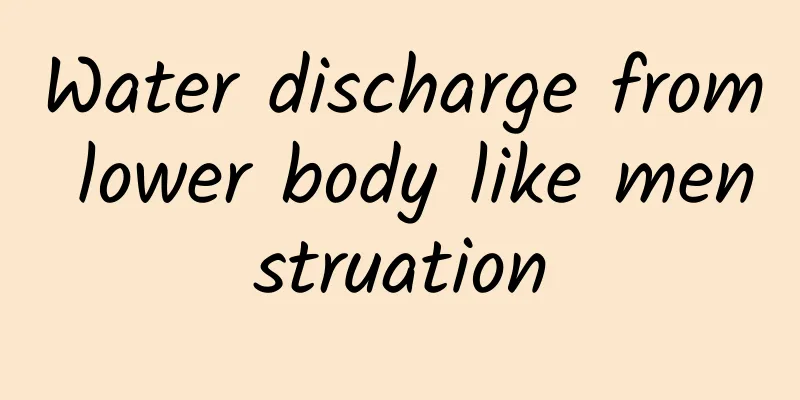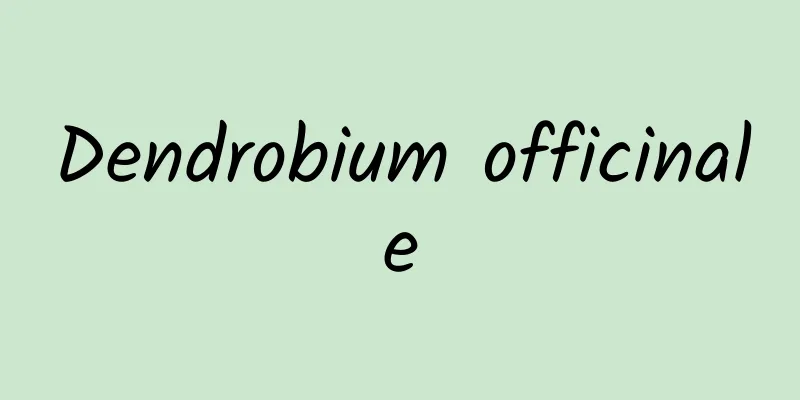Bladder pain but no urine?

|
Bladder distension and pain without urine are generally symptoms caused by inflammatory stimulation. The most common causes are urethritis or cystitis. At this time, you should go to the hospital for examination and regular treatment in time. In daily life, you should pay more attention to health. You must drink more water and urinate more, which will help the metabolism of inflammatory body fluids. In addition, you should eat more fresh fruits and vegetables and supplement vitamins, which are all helpful for your health. Causes of cystitis in women A normal bladder has strong resistance to bacteria. It is difficult for bacteria to invade the bladder wall through the urothelium. Bacteria in the distal urethra generally cannot enter the bladder. Even if they enter the bladder, under normal circumstances, they will flow out of the body with the excretion of urine, preventing the bacteria from staying and multiplying in the bladder and causing infection. However, when the upper urinary tract is infected, the lower urinary tract is obstructed, or the bladder itself is diseased and the resistance is reduced, the normal bladder mucosal anti-infection barrier is easily destroyed, and the bladder is very susceptible to infection. Women have a shorter urethra and the urethral opening is close to the anus, so they are more likely to be contaminated and develop cystitis. Cystitis should be treated promptly When you first get cystitis, the symptoms may be very mild, with only bladder irritation symptoms such as frequent urination, urgency, and pain when urinating. If treated, the condition will heal quickly. If not treated promptly, bacteria will ascend from the bladder to the renal pelvis, causing pyelonephritis. Therefore, if symptoms of cystitis appear, you should seek medical attention and take medication as soon as possible. In fact, 50%-70% of urinary tract infections are cystitis. According to surveys in Taiwan and other places, women are most susceptible to cystitis. In addition, cystitis is prone to occur after long-term urine retention, after sexual intercourse, after menstruation, and after urethral or gynecological instrument examinations. The causative bacteria are mostly Escherichia coli. Clinically, cystitis is divided into acute and chronic types. Acute cystitis develops suddenly and the course of the disease generally lasts 1-2 weeks before resolving on its own or after treatment. Its characteristics are "acute" onset, "severe" inflammatory response, and "shallow" lesions; while the symptoms of chronic cystitis are similar to those of acute cystitis, but the degree is milder, and its characteristics are "slow" onset, "mild" inflammatory response, and "deep" lesions. |
<<: What to eat to treat bladder discomfort
>>: Bladder pain after emptying urine after holding urine for a long time
Recommend
What are the contraindications of drinking American ginseng soaked in water?
American ginseng is usually used to make tea, whi...
How to correct ankle curvature
Many girls are particularly concerned about their...
What to eat when menstruation is abnormal after giving birth to second child
Some women will experience irregular menstruation...
Ways for women to reduce testosterone
For women, if the male hormone level is too high,...
What is the reason for the placenta edge covering the cervix?
When a woman becomes pregnant, there are many thi...
What should I do if my child's baby teeth are broken?
For children, if they do not pay attention to ora...
What are the contraindications of taking Chinese medicine?
Traditional Chinese medicine has a very long hist...
What are the dangers of onychomycosis on the feet?
People attach great importance to fingernails and ...
Causes of peeling skin between toes
Peeling of the skin between the toes is quite com...
My chest hurts so much
Sometimes, when we experience pain in our body, t...
Effects and functions of spatholobi
Lycopodiella cuneata is also called Lycopodiella ...
Health-preserving emergency acupuncture points that will benefit you for a lifetime, a must-have for everyone
There are many acupoints that can play a good rol...
One-week Chinese medicine diet
We all know that when we are sick, we need to tak...
Chinese medicine for treating phobia
Being under constant stress can cause mental illn...
What are the traditional Chinese medicines that can nourish the kidney and strengthen the spleen?
As we all know, Chinese medicine attaches great i...









